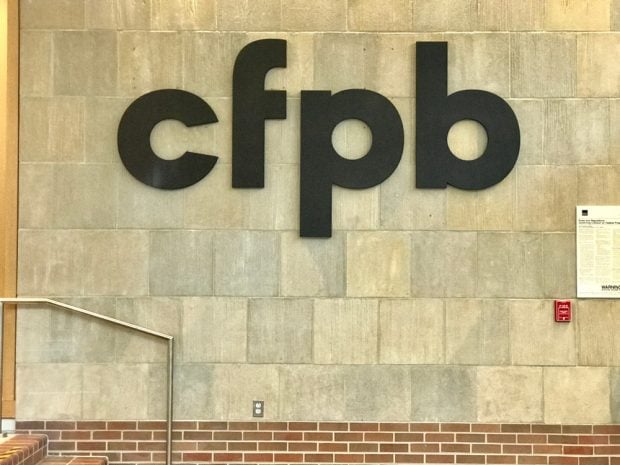 Credit/Shutterstock
Credit/Shutterstock
Two days after the CFPB issued its final rule cutting credit card fees to $8, the U.S. Chamber of Commerce filed a lawsuit to stop the implementation of the Bureau's controversial rule. The U.S. Chamber of Commerce has an ally backing its fight – America's Credit Unions.
The lawsuit, filed Thursday, seeks a preliminary injunction to stop the CFPB from implementing a rule that punishes responsible credit card users who pay their bills on time. "In promulgating its rule to limit credit card late fees, the CFPB not only exceeded its statutory authority but did so by relying on the use of secret data collected for an unrelated purpose," the lawsuit stated.
Recommended For You
On Monday, America's Credit Unions published its support of the lawsuit, saying, "the rule will dismantle consumers' protections and limit access to credit."
The lawsuit was filed in the Northern District of Texas and the co-plaintiffs include the Fort Worth Chamber of Commerce, Longview Chamber of Commerce, American Bankers Association, Consumer Bankers Association and Texas Association of Business.
According to the lawsuit, the U.S. Chamber of Commerce is suing the CFPB for the following:
- Violating the Credit Card Accountability Responsibility and Disclosure Act (CARD Act) of 2009 by preventing issuers from collecting reasonable and proportional late fees when cardholders don't pay their bills on time;
- Violating the Administrative Procedure Act (APA) by promulgating a final rule that is arbitrary and capricious, relying on secret data collected from only the largest banks for a different purpose and by a different agency; and
- Issuing the rulemaking with funds drawn in violation of the U.S. Constitution's Appropriations Clause.
The lawsuit stated the new rule "upends the way that credit card issuers have assessed late fees for over a decade" and "is already imposing immediate and irreparable harm on the affected credit card issuers, who account for an estimated 95% of open credit card accounts in this country."
The lawsuit claims the final rule has already created chaos in the credit card system.
"Should such issuers take the CFPB's advice to mitigate the effect of the rule by changing other credit card terms, they would need to provide additional updated disclosures, with at least 45 days' notice to their customers. If such issuers are unable to complete these tasks within 60 days of the rule's publication in the Federal Register, they risk being out of compliance on the effective date, exposing themselves to civil enforcement actions. And they risk all of this for a regulation that both exceeds the CFPB's statutory authority and was issued with funds acquired in violation of our Constitution. Plaintiffs request preliminary injunctive relief to preserve the status quo while they litigate their claims. That status quo has served the interests of American consumers and credit card issuers alike for over a decade."
The rule is scheduled to go into effect 60 days after publication in the Federal Register.
READ MORE: U.S Chamber of Commerce v. CFPB lawsuit.
© 2025 ALM Global, LLC, All Rights Reserved. Request academic re-use from www.copyright.com. All other uses, submit a request to [email protected]. For more information visit Asset & Logo Licensing.








